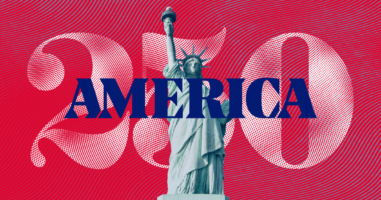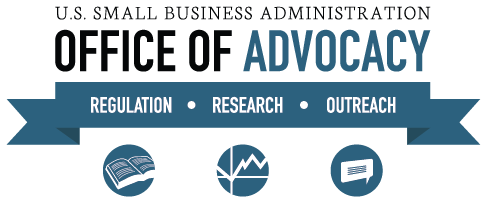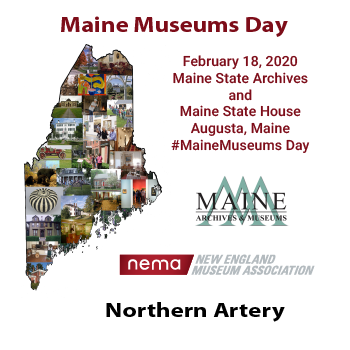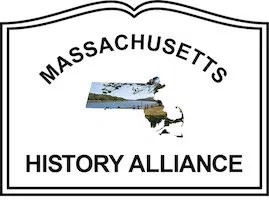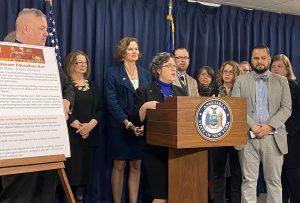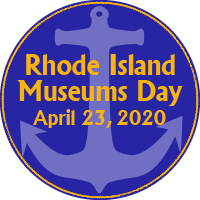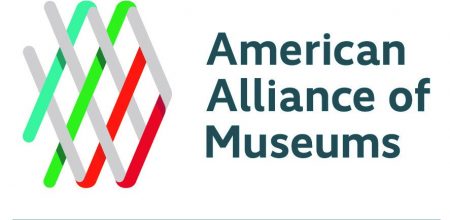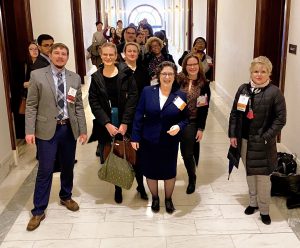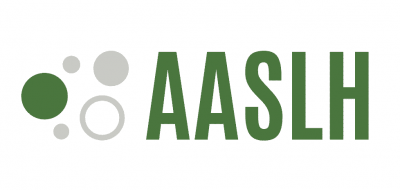
The America 250th is already upon us. As previously reported 1774 was the year of the First Continental Congress. It was the year when Americans began to take sides as Loyalist or Rebel. The vote for the selection of delegates to the First Continental Congress marked the beginning of America’s first civil war as well.
Now we are moving into the anniversary of 1775. It was the year of the Second Continental Congress beginning in May also in Philadelphia. This time the Congress followed the confrontations at Lexington and Concord. The battle was engaged.
One might think that the planning for the commemorations of these events would be in full swing. The national commission chartered by Congress would be going full blast to lead America in a discussion of where people stood just as it would have done in 2024. I guess one could say the presidential election served the same purpose. As to what in the incoming president will do in 2025 or in the subsequent years remains to seen.
In the meantime, here is a snapshot of where things stand.
Part I
At the national level
At the regional level in New England
Part II: At the state level in New England:
Connecticut
Maine
Massachusetts
Rhode Island
Vermont
Part III:
New York State
New York City.
Many local municipalities are planning events, too. There are too many to list here. I am confining myself to my own state and region and where I receive email notifications about what is going on even if I cannot attend them. Some states are doing a terrific job like Connecticut and others are abysmal like New York. And the less said about New York City the better.
American Association for State and Local History (AASLH)
Join us for 250 Con, a galvanizing and unifying moment for the history field as we enter the final year of planning for the upcoming 250th anniversary of the United States!
With less than two years to go, now is the time for history doers to finalize plans for the 250th, an occasion that could transform both our field and society. Major initiatives are already underway across the country, but the Semiquincentennial will only be as impactful as the strength of our collaboration. Attend 250 Con to learn about national and state planning opportunities, identify actionable ways to participate, and join your peers in generating enthusiasm for this once-in-a-generation event.
250 Con kicks off with a keynote conversation featuring the leaders of the Library of Congress, the National Archives and Records Administration, and the Smithsonian Institution. The two-day event will also include “lightning rounds” of presentations about major 250th initiatives, breakout sessions for networking and learning, and a virtual meet-and-greet with state 250th commissions.
AMERICA250
The federal commission still exists with another 18 months or so. So far it has not had much discernible effect on the local level. And since the American Revolution continues until November 25, 1783, Evacuation Day, at this point history organizations can expect no support for events after the July 4, 1776 celebration. Still it keeps plugging away now that its internal problems appear to have been resolved even if funding is limited.
America250 and United States Conference of Mayors Launch Task Force Recruiting Cities for 250th Anniversary Planning
Washington, D.C. – America250, the official nonpartisan entity charged by Congress with planning the 250th anniversary of the signing of the Declaration of Independence, the Semiquincentennial, today announced the addition of the United States Conference of Mayors (USCM) to its cohort of America250 National Resource Partners. Charged with engaging mayors to participate in Semiquincentennial efforts, USCM has launched the America250 Task Force to recruit America250 Cities and expand 250th anniversary planning at the local level.
Through the America250 Task Force, led by Chair and Philadelphia Mayor Cherelle Parker, America250 and USCM will invite cities across the country to officially become “America250 Cities” and commit to celebrating and commemorating the 250th anniversary. The Task Force will also convene mayors to participate in planning sessions to discuss programming for the 250th-anniversary celebration. USCM Task Forces are created by the President of the Conference to address individual issues requiring the immediate attention of a select group of mayors.
Currently, 54 states and territories have announced Semiquincentennial Commissions, which are entrusted with planning statewide commemorative activities. Bringing USCM on board as a National Resource Partner and launching the America250 Task Force to establish America250 Cities is part of a concerted effort to engage more Americans at the local level.
“To plan the largest and most inspiring celebration and commemoration, reaching as many Americans as possible, we need the help of our cities and State and Territory Commissions,” said America250 Chair, Rosie Rios. “The United States Conference of Mayors’ America250 Task Force will serve as our boots on the ground, helping with planning and programming at the local level. I’m thrilled to welcome the United States Conference of Mayors as a National Resource Partner. I look forward to working together to establish America250 Cities to amplify our efforts and engage communities nationwide in a unified commemoration of this historic milestone.”
“The U.S. Conference of Mayors is pleased to be a national resource partner as we prepare to commemorate the 250th anniversary of the signing of the Declaration of Independence,” said Tom Cochran, CEO and Executive Director of The U.S. Conference of Mayors. “We look forward to working closely with the Commission to bring communities across the country together to celebrate this pivotal moment in our nation’s history.”
National Resource Partners are a select group of expert nonpartisan, nonprofit organizations tasked with helping to elevate and scale America250 programming. As a National Resource Partner, the United States Conference of Mayors will serve as an extension of America250, convening and activating cities across the country in a coordinated, unified effort to build up to the 250th. Other America250 National Resource Partners include Meridian International Center, National Women’s History Museum, American Association of State and Local History (AASLH), iCivics, More Perfect, National Congress of American Indians (NCAI), Washington National Cathedral and Points of Light.
Remembering the American Revolution at 250 (Journal)
In 2026, the United States will celebrate both the 250th anniversary of the Declaration of Independence and the formal start of the American Revolution. There will be a host of events throughout the country to commemorate these momentous milestones, but also deep soul searching about the meanings of the revolution, independence, and liberty, and the proper way to commemorate these events. To participate in these conversations, Remembering the American Revolution at 250 is bringing together historians, public historians, and other practitioners from around the world to consider this moment in American history in an ongoing collection of research essays, reflective essays, and lesson plans.
For the first issue click here
National Park Service
The National Park Service is accepting applications for the fourth round of funding for the Semiquincentennial Grant Program. This grant program was created by Congress in 2020 to support the preservation of sites and structures listed on the National Register of Historic Places that commemorate the founding of the nation. Grants support the physical preservation of a broad variety of cultural resources associated with the country’s semiquincentennial (250th anniversary).
Diplomatic History (Journal of)
CFP: 1776 in Global Context: Diplomatic History
To mark the 2026 Semiquincentennial of the American Revolution, the journal Diplomatic History seeks article proposals that engage with any aspect related to the international, transnational, transimperial, continental, or global dimensions of the American Revolution, including its origins or aftermath. The articles will be published in a special forum in 2026.
Society for Historians of the Early American Republic (SHEAR)
The current issue of the Journal of the Early Republic is dedicated to the Sesquicentennial. It is intended as a resource for teachers, students, and the general public. Left unclear is how that audience would even know about this journal and what SHEAR will be doing to disseminate this information. I mentioned these concerns to the President Elect when I saw her at the annual conference of the American Historical Association (which will be the subject of a future blog).
New England Museum Association
NEMA Annual Conference 2024
We the Museum: Toward a ‘More Perfect’ Vision for our Changing World
November 6th – 8th, 2024 Newport, Rhode Island
As we approach America’s 250th anniversary, now is a time to reflect on both the origin of America’s museums, and consider the field not only in its current state, but where it has grown from the past, and what it can be in the future. While museums predate the United States by thousands of years [sic], it is important for us as museum professionals to take stock of the developments in our field and plot a course of action for positive change. Just as America was by no means perfect at its inception, neither was the museum field. While the U.S. Constitution seeks a “more perfect union,” how can we work towards a “more perfect” museum world? How can we be better, if perfection is out of reach?
This year, NEMA asks you how we can become ‘more perfect’ in a rapidly shifting landscape? What does it take to do this work well? How can museums help change and perfect our worldview? Who are the players? What is at stake? What do we as professionals, as a society, as an audience, as individuals require to carve out a vision for museums that supports the world we inhabit?
The next blog will survey the developments in the individual New England States.


